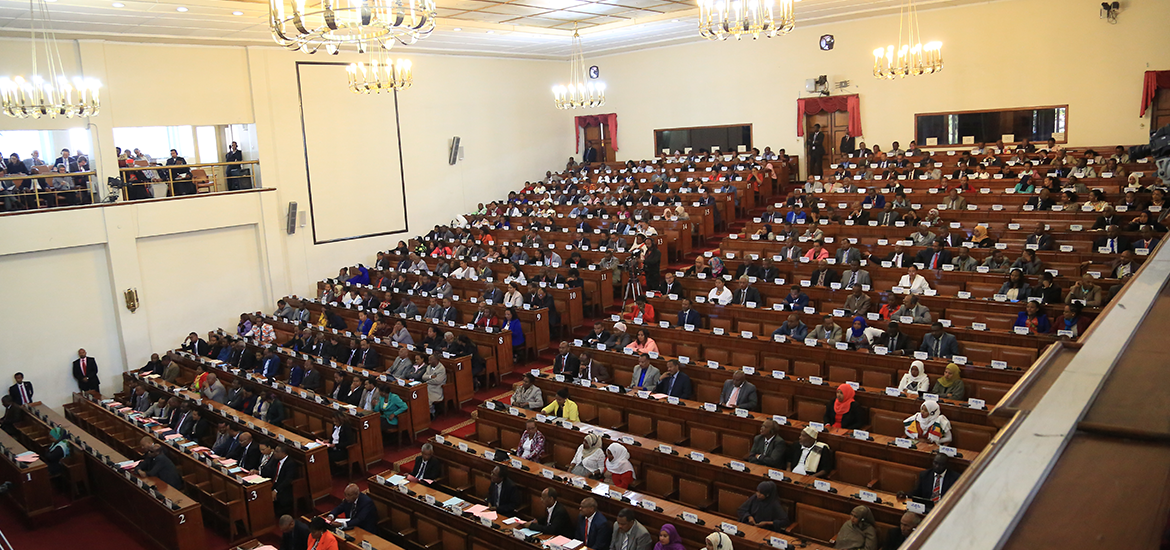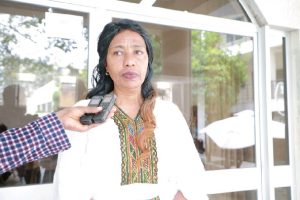
Lately, the House of Peoples’ Representatives disclosed that it is preparing a guidebook, taking the experience of other countries, in a bid to strengthen its capacity of monitoring and supervising the overall activities of the executive.
It was noted that the guidebook will come to force by the next year. This move is expected to make lawmakers to discharge their entrusted mandate to keep the powerful executive body in check.
For years, the parliament has been criticized for failing to fulfill its responsibility in terms of overseeing the activities of sector institutions and executive bodies. Former members of the parliament stated that the Council has not fulfilled its constitutional mandates properly.
Abdurahman Ahmedin, former Member of Parliament, told The Ethiopian Herald that the main functions of the House granted by
the constitution include: making the law, supervising the executive body, representing the electorate, and fostering parliament diplomacy. There is a legal framework to do such activities.
As stated by Abdurahman, the duties of members of the House of Peoples’ Representatives such as (Art.55) and House’s Rules of Procedures, Members’ Code of Conduct and Regulation are set out briefly in the constitution.
He went to say that the standing committee has to evaluate each sector’s activities ranging from their annual plan to the proper implementation of activities, he said. “If there are any weaknesses in the institutions, the standing committees urge the respective institutions to address their shortcomings. But the House couldn’t manage this in the previous years,” he added.
In addition to reviewing the sectors’ performance report, the House of Peoples’
Representatives is mandated to call the Prime Minister and other Federal officials for hearing when the need arises.
He said, “I participated in many joint parliament assemblies in Caribbean and African countries,” adding that, as the experiences of these countries show, their parliaments have experts in each issue. “When we see the Germany parliament, for instance, each member has their own office and advisors with regard to each issue.”
According to him, our country has no capacity to assign an expert for each member. But, at least the entire House’s standing committees should have group of experts who can provide great input for policies.
Prof. Beyene Petros for his part said in an exclusive interview with The Ethiopian Herald that The House oversees sector institutions and executive bodies through its standing committees.
He also noted that the sector offices present their performance to the House’s standing committee quarterly and the standing committee has recommended the institutions to address their pitfalls.
“The council does not have a team of experts to consult on various issues. And also, members of the Parliament have no legal support,” he indicated.
According to him, in addition to reviewing the institutions’ performance report, the House has to call executive bodies to come to the parliament and reply to questions posed by parliament members.
House’s Speaker, Tagesse Chaffo, said in a press conference held recently that the major weakness of the executive bodies is project delay as the House was able to learn during supervision. “Supervision and monitoring of projects will be improved and strengthened following the issuance of the guidebook,” he added.
The Ethiopian Herald July 31/2020
BY ABDUREZAK MOHAMMED





